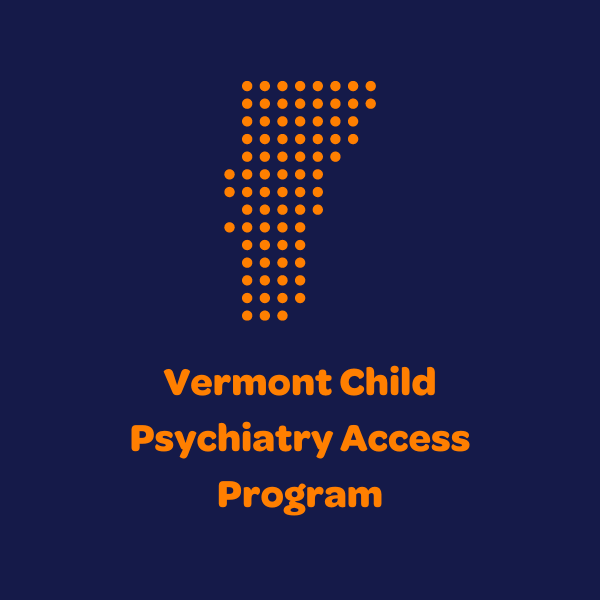Although the U.S. health care and education system has traditionally separated behavioral health care from medical health care, clinicians know that mental health and physical health are deeply intertwined. In recent years, as the mental health crisis intensified, clinicians and policy leaders have begun to realize that care settings must converge, as well.
In a recent executive virtual summit, the integration of behavioral health and primary care represented a third of the agenda. This is likely driven by new research that points to the increasing prevalence of adult primary care visits addressing mental health concerns, as well as previous research finding that up to 70% of primary care visits are driven by psychosocial factors or concerns. Considerable additional research makes the case for integration, as well.
Programs like the Vermont Child Psychiatry Access Program (VTCPAP) are heeding the call. VTCPAP represents both innovation and a patient-centric approach. With access to behavioral health specialty services tenuous at best in many communities, the primary care setting is often the only viable option for families to receive mental health care. Programs like VTCPAP are supporting primary care physicians with peer-to-peer consultation and education to enable them to manage patients in their own clinics. The care experience is seamless for the patient and supportive for the clinician.
As local news outlet VTDigger explains, VTCPAP “is a high-quality telephone hotline for primary care providers who see children and youth. It offers professional feedback on diagnosing, treating, and finding resources for their patients with mild to moderate mental health challenges. A social worker answers the phone every weekday from 9 a.m. to 3 p.m. and coordinates the support, which ranges from scheduling conversations with a child psychiatrist to sharing up-to-date information about mental health resources in the provider’s community.”
Funded in part by Pediatric Mental Health Care Access Program grants from the Health Resources and Services Administration (HRSA), as well as the Four Pines Fund, VTCPAP is based on the consultation delivery model implemented by the Massachusetts Child Psychiatry Access Project (MCPAP) in 2004 and adopted by a majority of states since then. State CPAP programs are affiliated under the umbrella of the National Network of Child Psychiatry Access Programs, but each program is run individually, engages distinct community partners, and is funded through its own mix of grants and partnerships.
Launched in June 2022, VTCPAP has already seen an uptick in activity. In the first year, VTDigger says the hotline had received more than 500 calls from providers, an average of two a day, and use was growing as more practitioners became aware of what the service can provide. Clinicians also reported that the program was increasing access to care, as well as reducing the stigma that some patients felt in seeking help for behavioral health issues.
“It can be incredibly rewarding care to provide,” one pediatrician noted in the article. “It strengthens your bond with the family and the patient, and it always feels amazing if you can help.”
To learn more about VTCPAP, visit them online.
